Throughout the 1970s, a pitch-black comedy about the Vietnam War directed by George Lucas morphed into a surreal cinematic odyssey through the Vietnam War directed by Francis Ford Coppola. Screenwriter John Milius adapted the basic storyline of Joseph Conrad’s literary classic Heart of Darkness into the dense screenplay for Apocalypse Now.
After a hellish production that went overschedule, overbudget, and occasionally drifted into genuine active warzones, Coppola turned out one of the greatest epics in film history. Apocalypse Now is arguably the best movie about the conflict, but while the war was raging on and beyond, plenty of masterpieces got made about it.
10 Apocalypse Now Is The Best: The Filmmakers Went Through Their Own Vietnam Experience
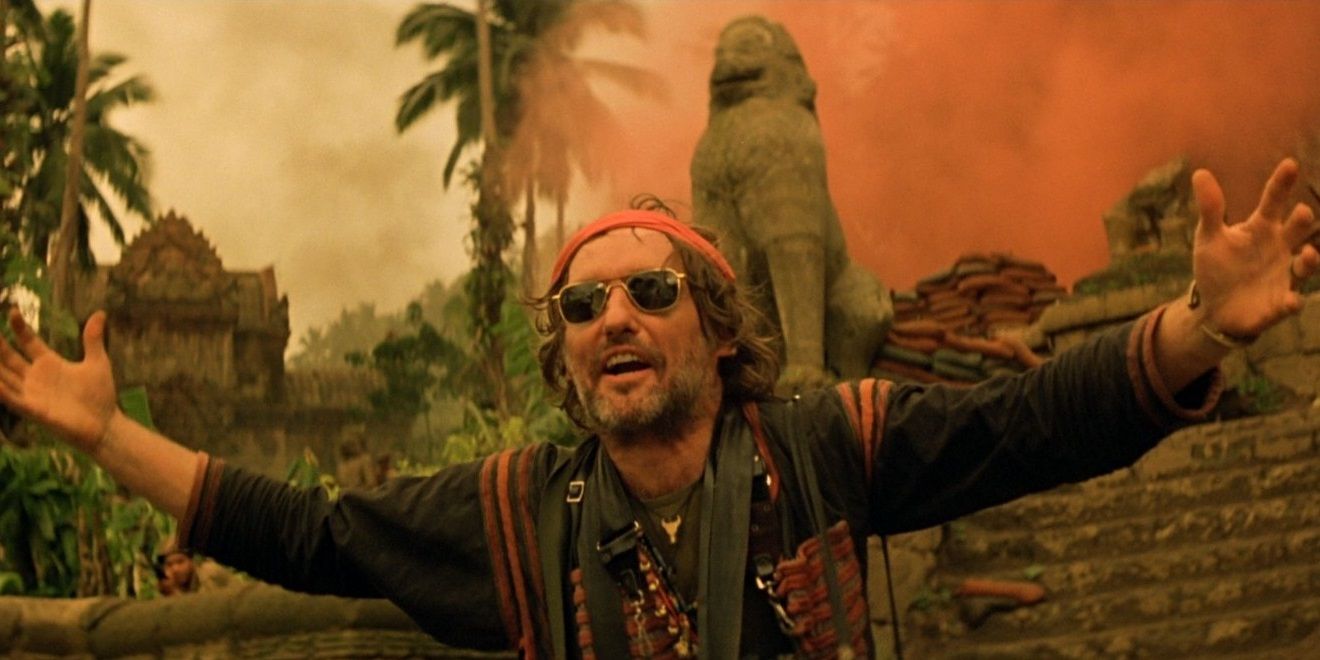
During the nightmarish production of Apocalypse Now, the filmmakers went through their own Vietnam experience. As the making-of documentary Hearts of Darkness can attest, they all went "insane" throughout the shoot.
Filming took place in actual warzones, real human corpses were used instead of props, and Dennis Hopper got a 14-year-old Laurence Fishburne hooked on heroin.
9 Closest Contender: Hamburger Hill
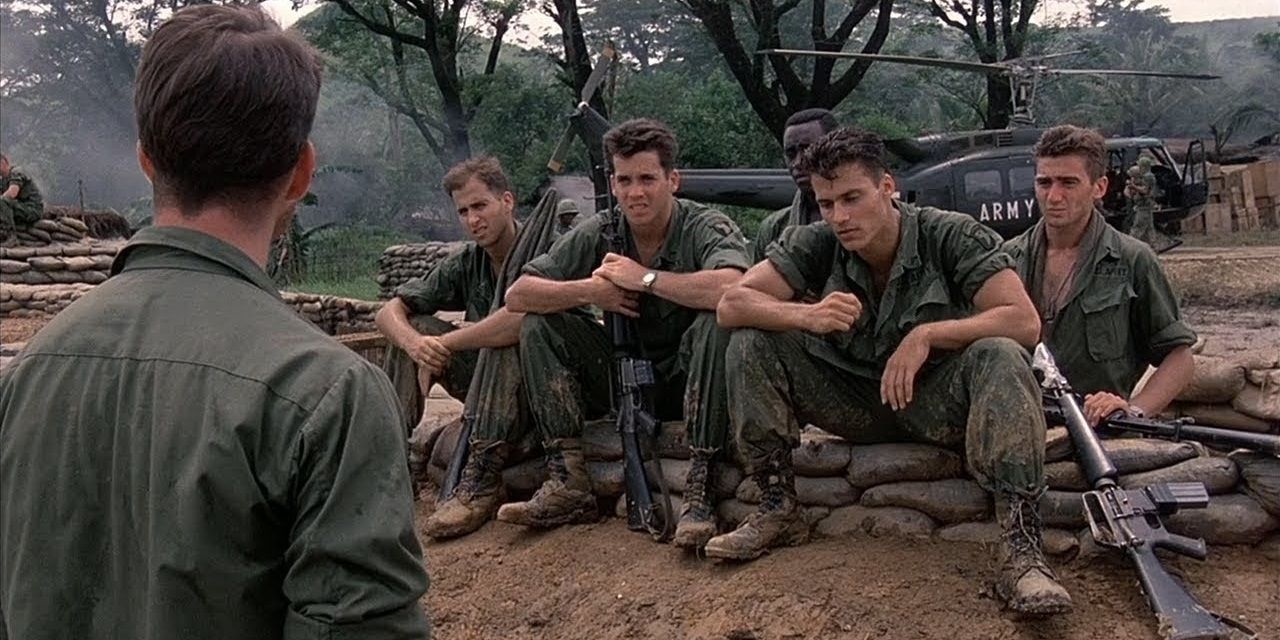
While most Vietnam War movies use their story and characters in the context of the entire war, Hamburger Hill takes the opposite approach, focusing specifically on one platoon carrying out one operation, which director John Irvin uses as a microcosm of the entire conflict.
Irvin had previously shot a documentary in Vietnam in 1969, the year in which this movie takes place, so there’s a shocking realism in Hamburger Hill. It’s a definitive statement on the futility of war.
8 Apocalypse Now Is The Best: Heart Of Darkness Provided The Perfect Narrative Framework To Explore The War
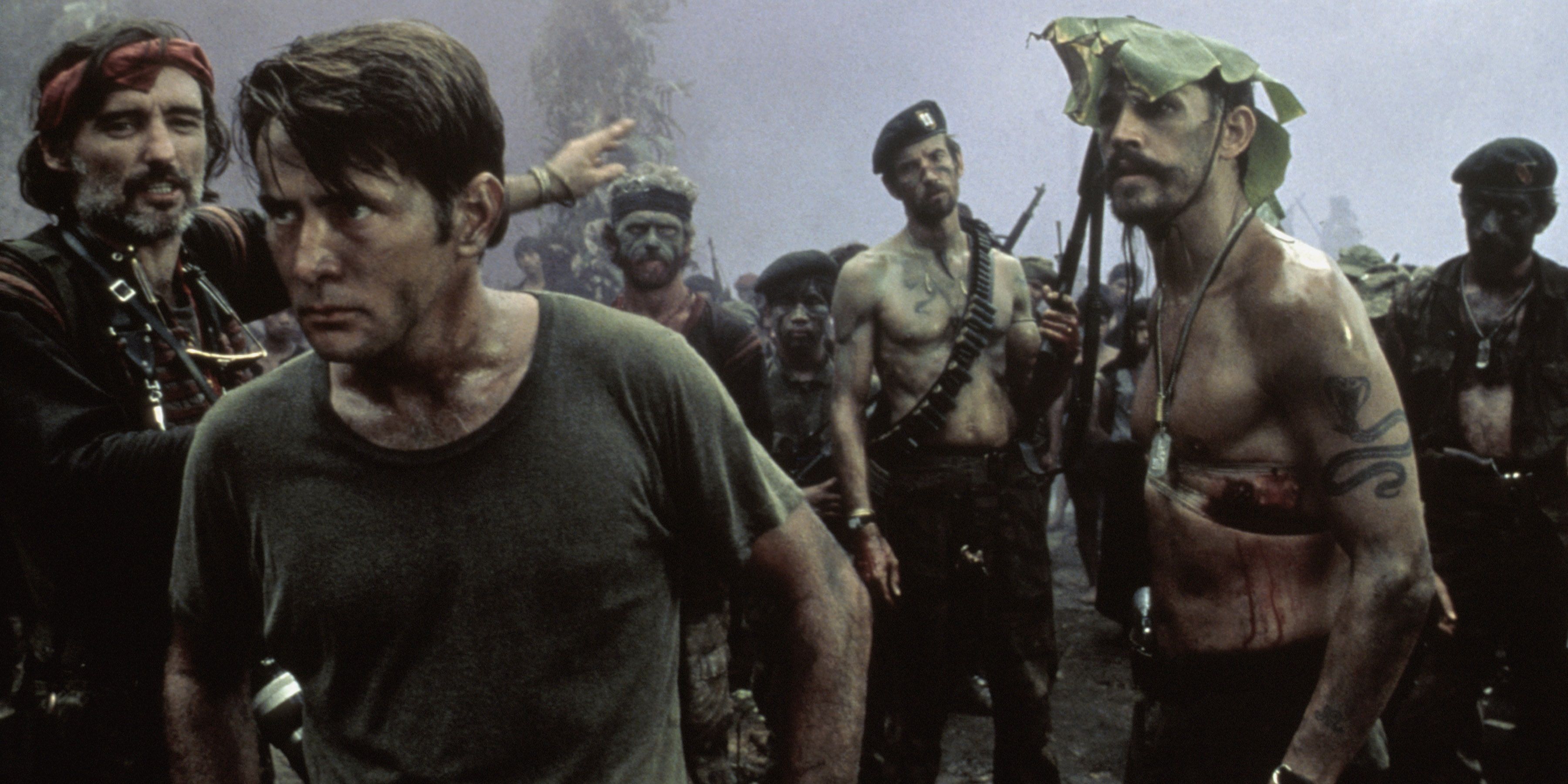
It’s a well-known fact that John Milius’ Apocalypse Now screenplay was loosely adapted from Joseph Conrad’s Heart of Darkness. The storyline of the U.S. Army sending a captain to murder a colonel was controversial, but it gave the movie a strong narrative backbone.
Willard’s journey up to Kurtz’s outpost in Cambodia provided Coppola with a tight but flexible framework to explore all the facets of the Vietnam War.
7 Closest Contender: Good Morning, Vietnam
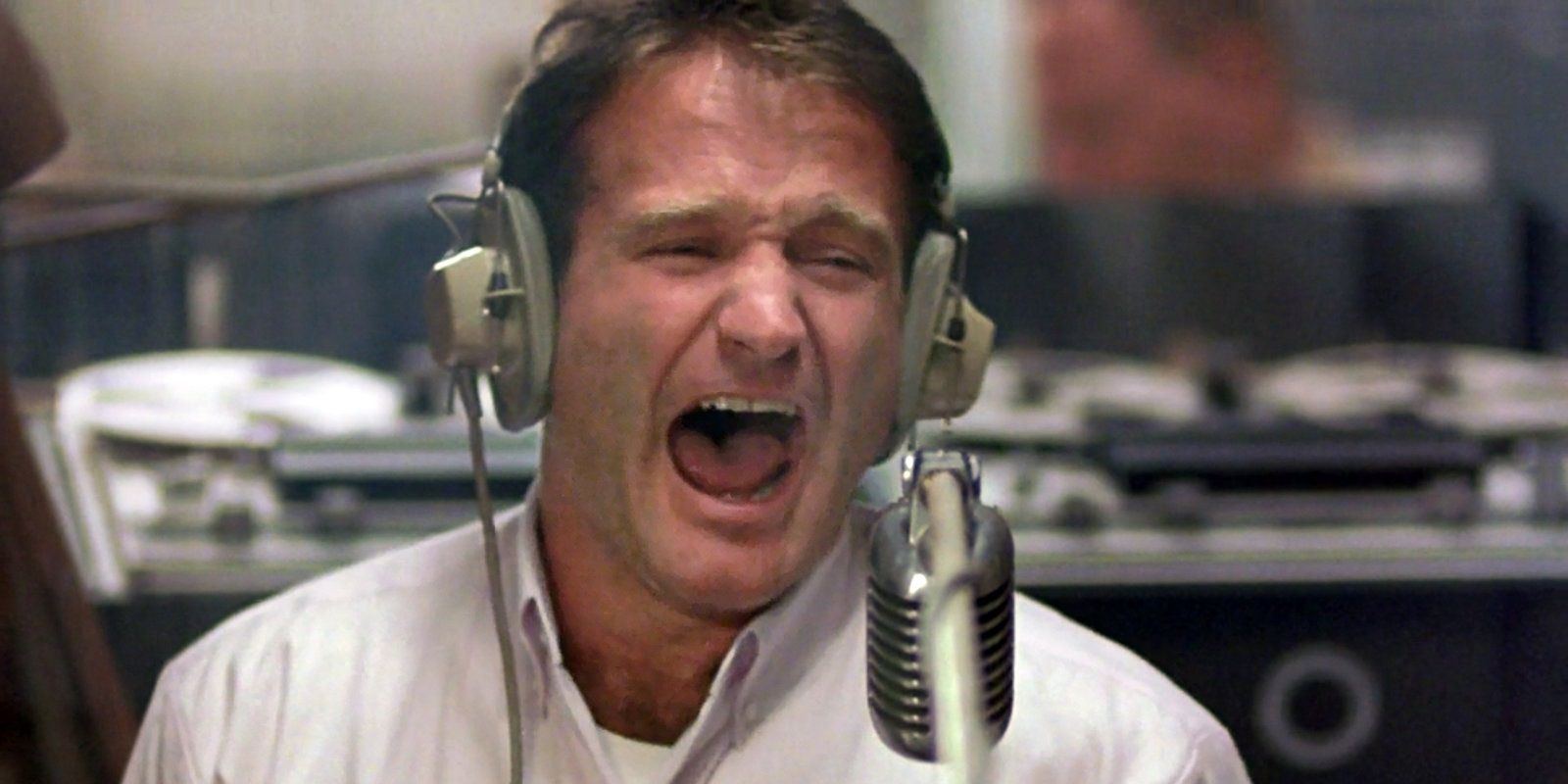
Not every great Vietnam War movie is told from the perspective of soldiers. In Barry Levinson’s Good Morning, Vietnam, Robin Williams stars as Adrian Cronauer, a real-life DJ from the Armed Forces Radio Service who broke the mold of dry, uninteresting broadcasters by doing impressions and skits to entertain the troops.
As much fun as he has behind the mic, his time in Vietnam brings sobering revelations about the casualties of war. The montage set to Louis Armstrong’s “What a Wonderful World” perfectly encapsulates the movie’s heartbroken stance on the war.
6 Apocalypse Now Is The Best: It Flows Like Visual Poetry
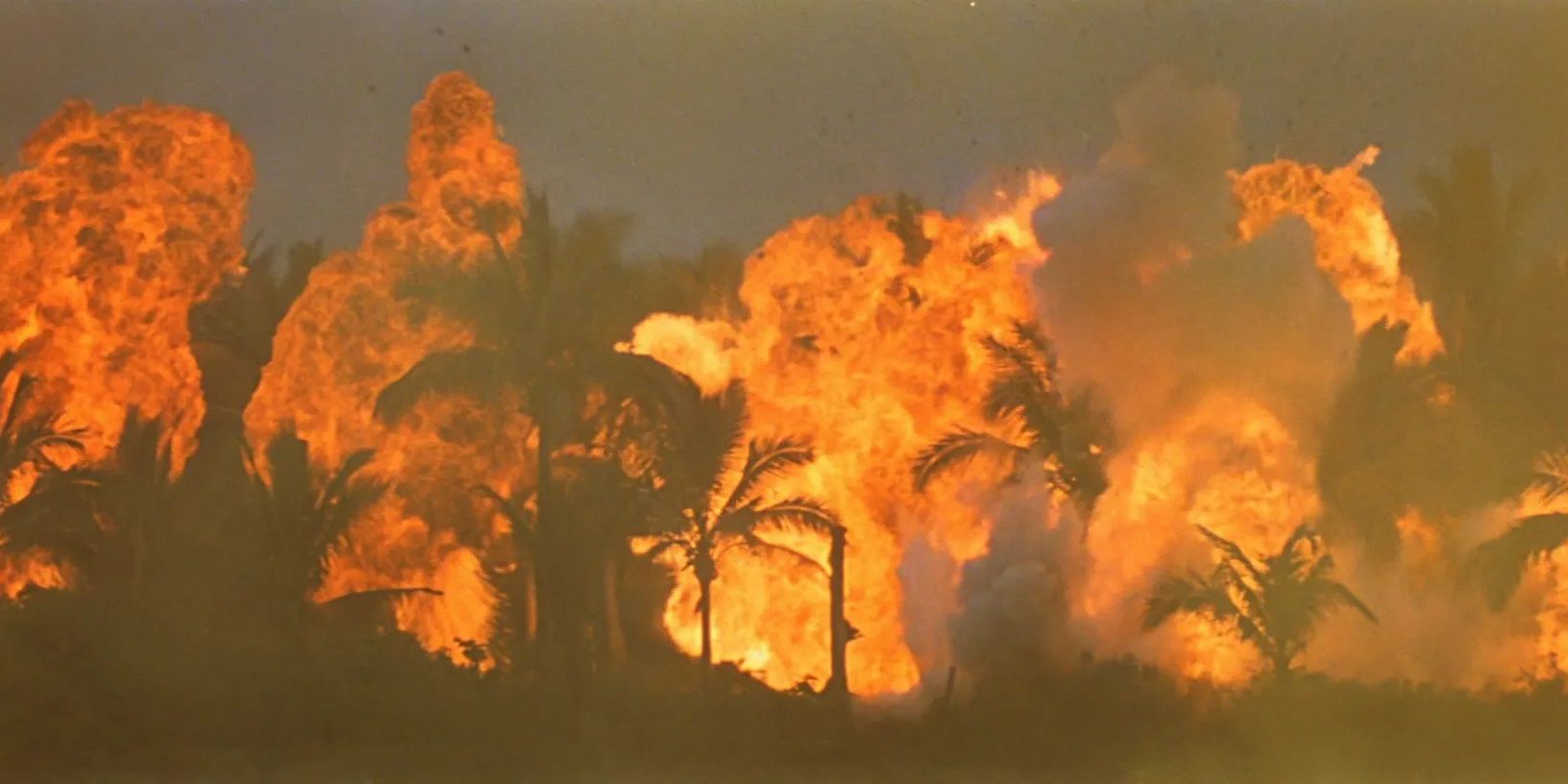
In two-and-a-half hours, Coppola doesn’t waste a single frame. The whole movie plays out like one long visual poem, flowing seamlessly from one breathtaking, beautiful, haunting image to the next.
From napalm tearing up a jungle landscape to Willard’s drunken meltdown to operatic displays of widespread violence, Coppola and his four editors (including In the Blink of an Eye author Walter Murch) cut Apocalypse Now perfectly.
5 Closest Contender: Platoon
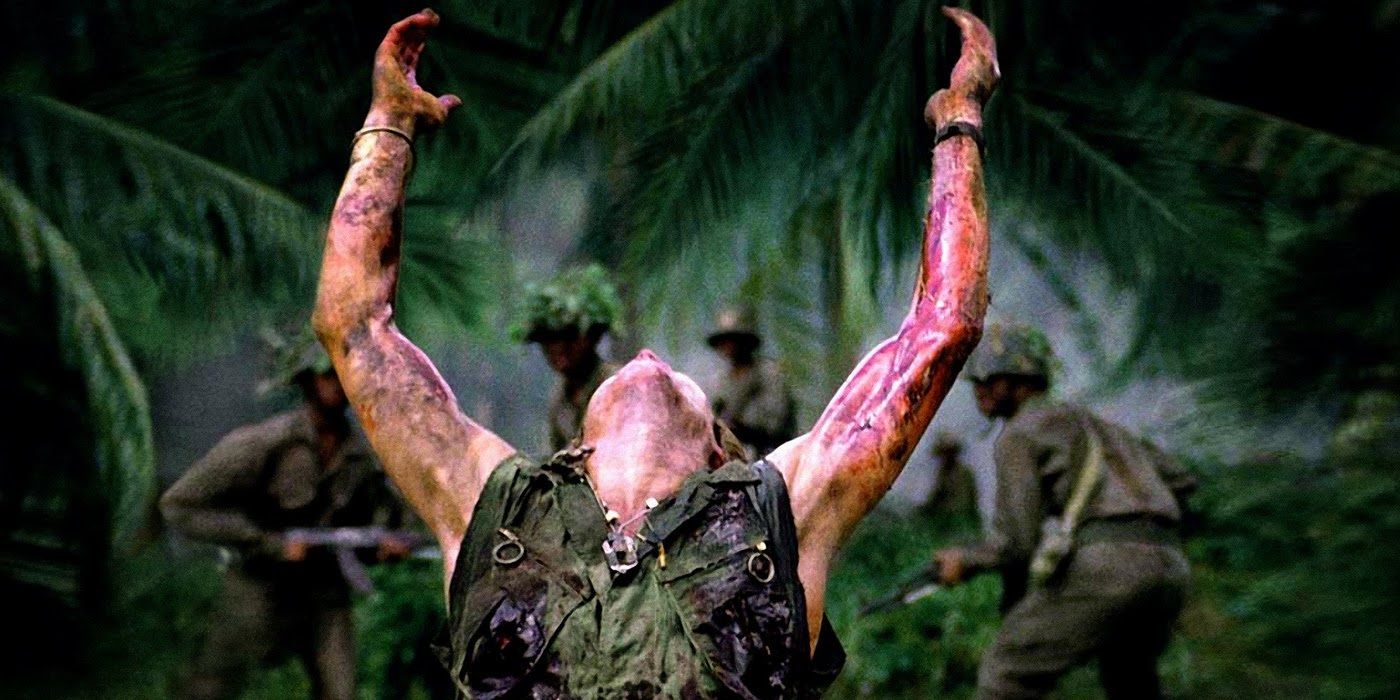
Oliver Stone’s Platoon has the distinction of being one of the only Vietnam War movies made by a veteran of the Vietnam War. Stone made the movie as a response to The Green Berets, an adamantly pro-Vietnam War movie starring John Wayne, who didn’t serve a day of military service in his life.
Having actually served in ‘Nam, Stone had plenty of authentic, ugly stories to counteract the nationalist myths peddled by Wayne’s propagandic film. Platoon is one of the quintessential anti-war films along with Paths of Glory and All Quiet on the Western Front.
4 Apocalypse Now Is The Best: It’s Morally Dubious
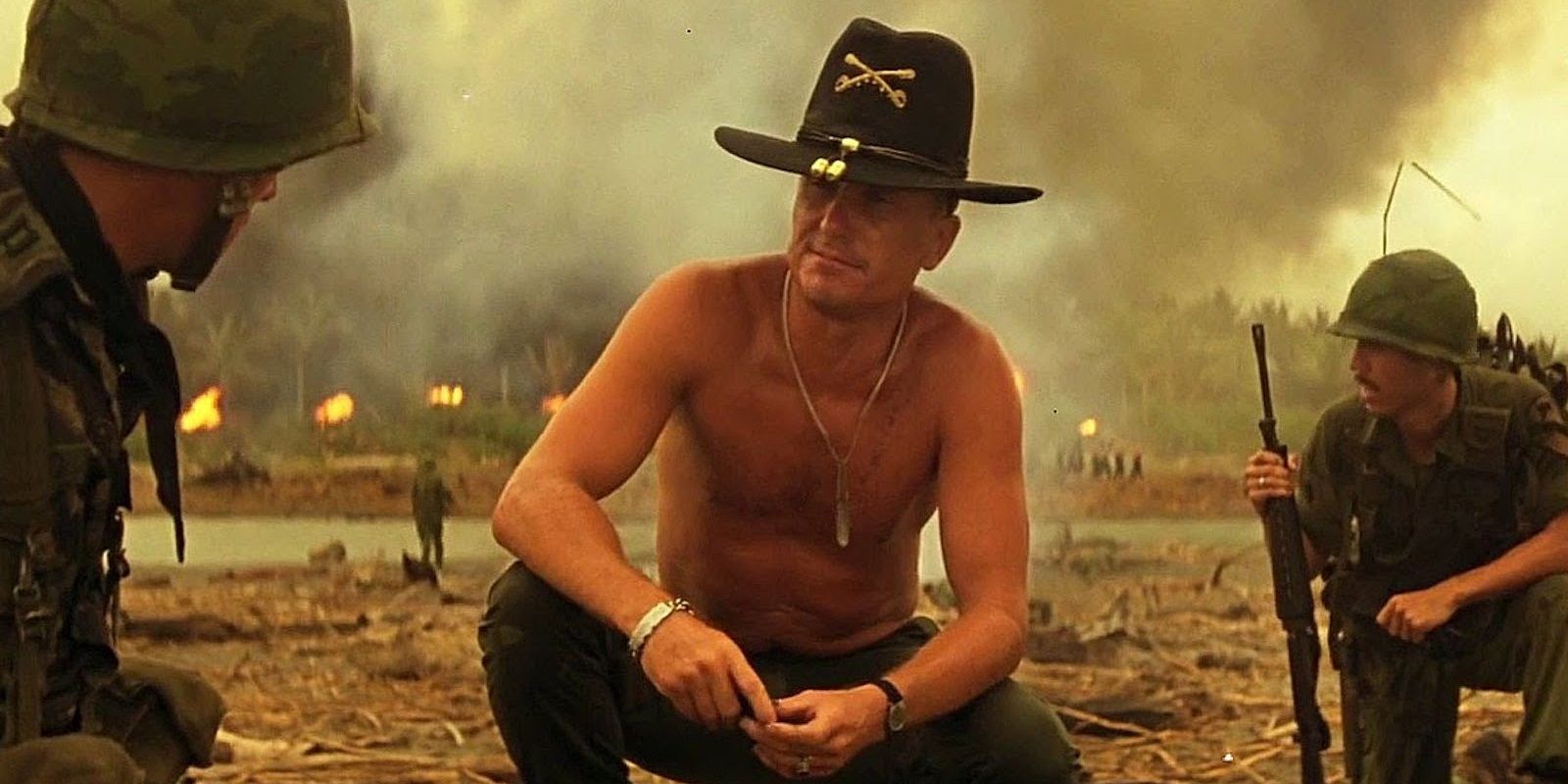
The ethics of Apocalypse Now are dubious, just like the ethics of the war itself. The character who is technically the hero of the story is driven by his reluctant quest to assassinate one of his comrades.
American soldiers are seen blasting the music of Wagner (Hitler’s favorite composer) from their helicopters as they shoot dozens of innocent Vietnamese civilians dead for fun.
3 Closest Contender: Full Metal Jacket
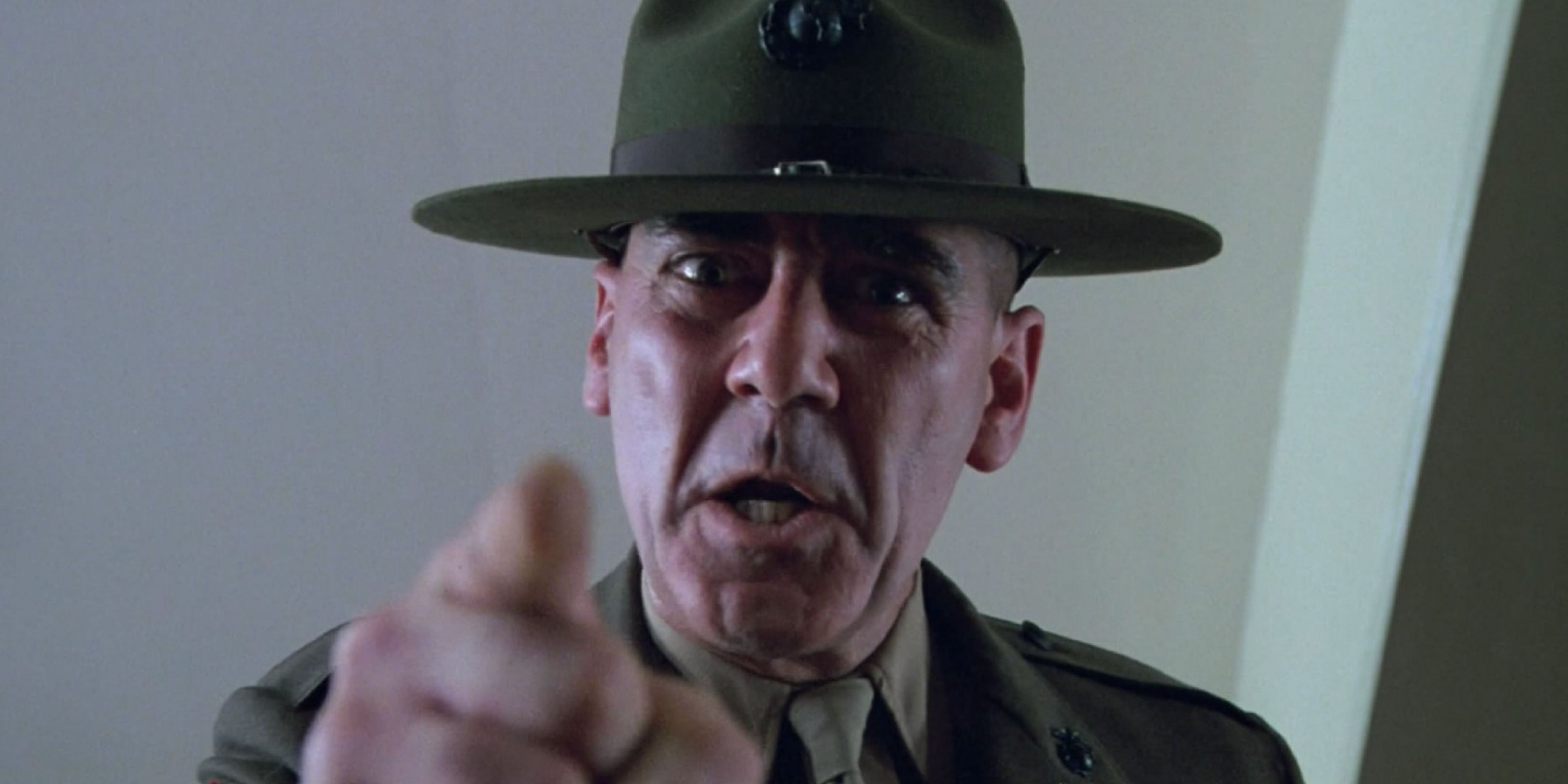
Stanley Kubrick’s darkly comic Vietnam War epic Full Metal Jacket is split into two halves. The first half is set at boot camp as a drill sergeant played by real-life drill sergeant R. Lee Ermey strips away every shred of individuality from his newly recruited Marines as he prepares them to face the horrors of war.
The second half takes those recruits into Vietnam, where the loss of their individuality is joined by the loss of their humanity. The movie follows Matthew Modine’s Private Joker, whose survival at the end isn’t a victory, but rather a sign of the true horror of war.
2 Apocalypse Now Is The Best: It Reveals The Darkest Depths Of The Human Soul
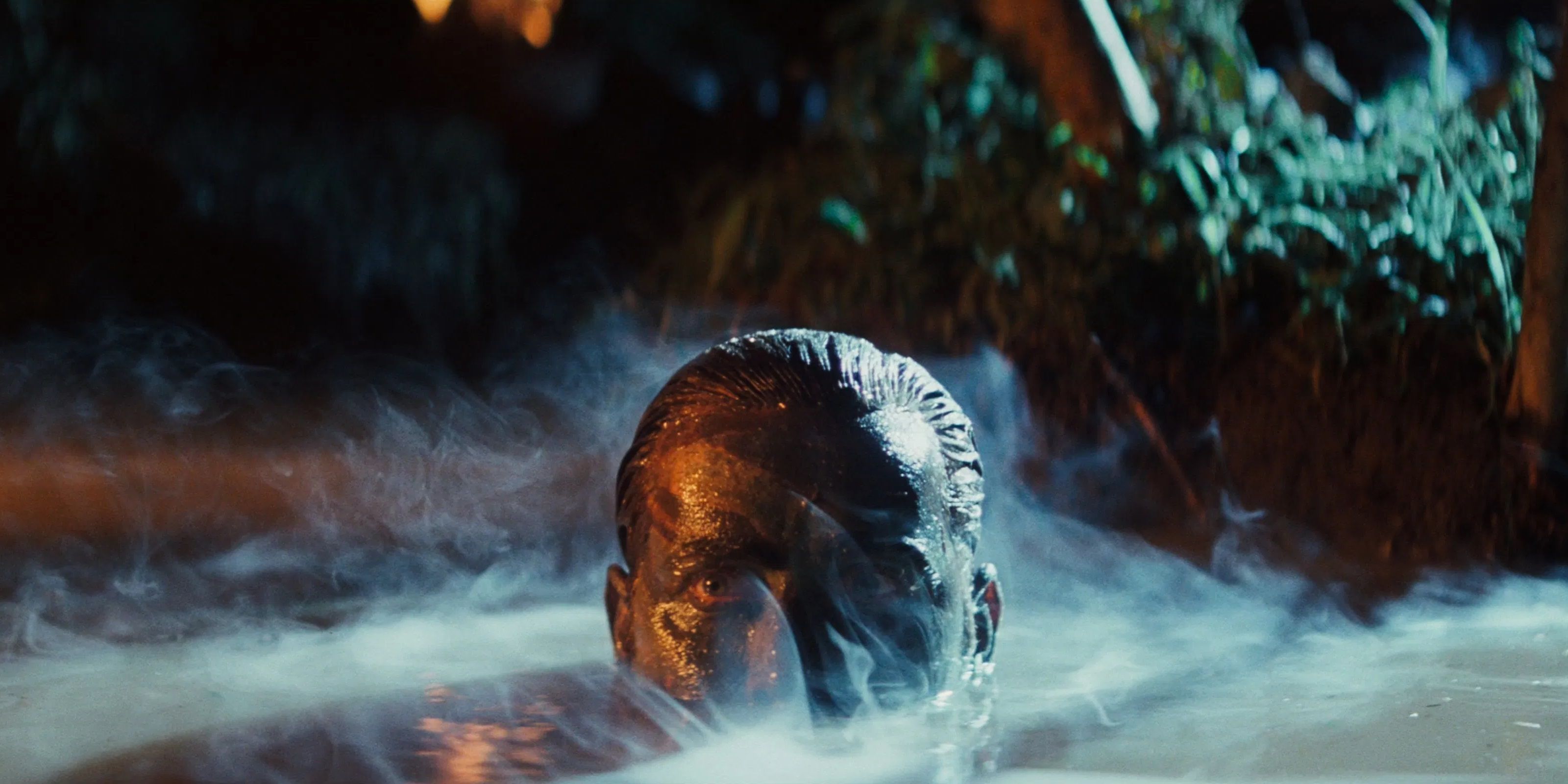
Coppola’s greatest achievement with Apocalypse Now is not recreating the horrors of the Vietnam War, but rather revealing the dark depths of the human soul that only come out under the extreme circumstances of war.
Willard’s descent into madness is a result of his wartime experiences, but the movie takes it beyond the context of war and digs into the human truths buried in that madness.
1 Closest Contender: The Deer Hunter
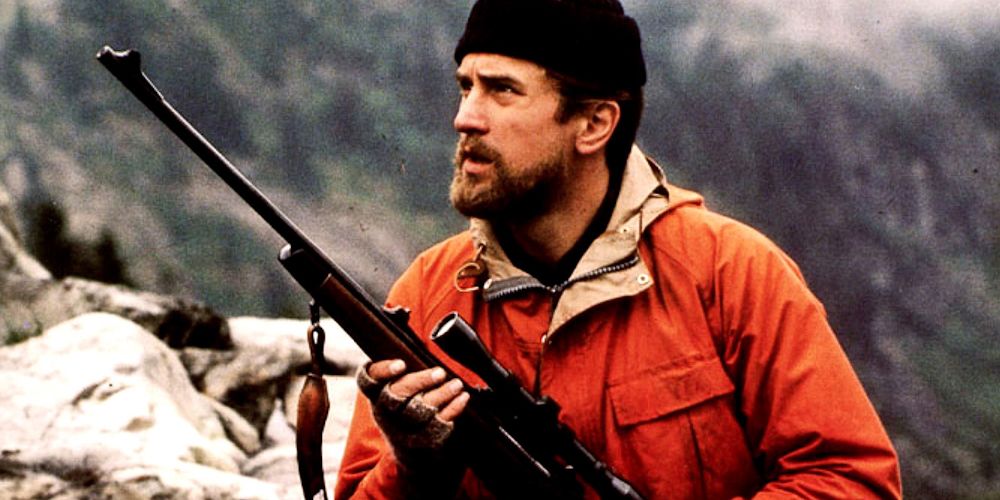
Michael Cimino’s The Deer Hunter is over three hours long and not a second is wasted. Robert De Niro, Christopher Walken, and John Savage star as three small-town friends who get drafted to fight in Vietnam, are traumatized by their experiences (including a flamethrower and a game of Russian roulette), and come home irreparably changed.
The opening scenes introduce their simple blue-collar lives. Then, the Vietnam scenes — which only take up a small section of the film, but leave an unshakable impression — depict all the traumas that they’ll carry with them for the rest of their lives. Then, after the war, they’re all permanently damaged: De Niro comes home with survivor’s guilt, Savage comes home in a wheelchair, and Walken doesn’t come home at all.
from ScreenRant - Feed https://ift.tt/32CbSP5


0 Comments